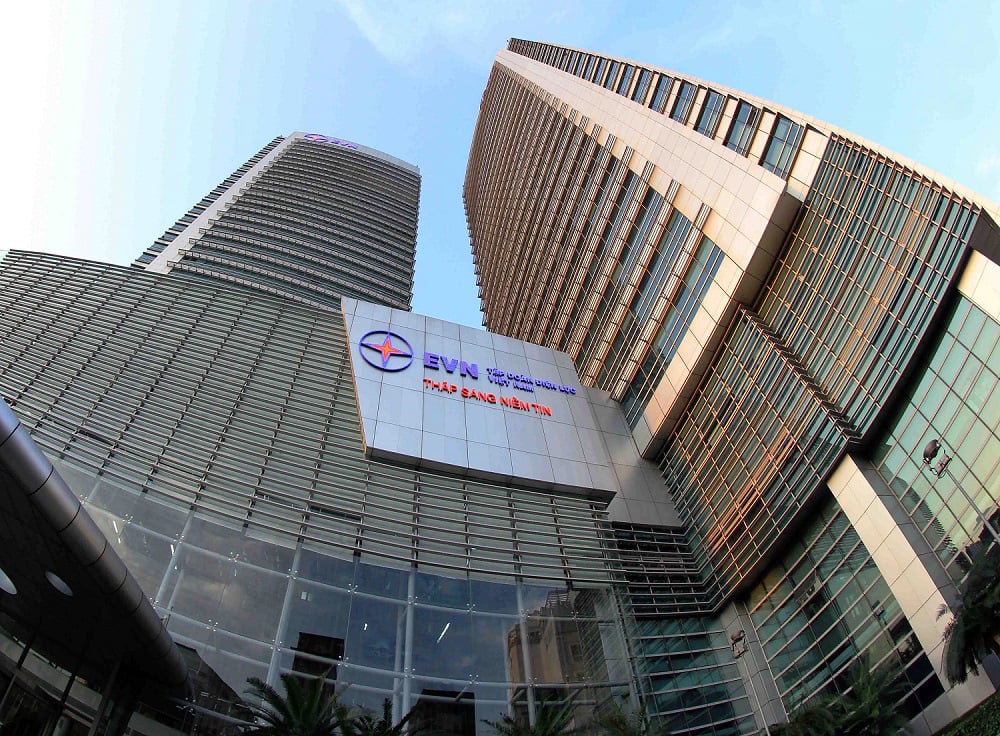
From October 11, 2024, the average retail electricity price will increase by 4.8% - Photo: EVN
Vietnam Electricity Group (EVN) has just announced its decision to increase the average retail electricity price by 4.8%. The official electricity price will increase from VND2,006.79/kWh to VND2,103.11/kWh (excluding VAT).
How does electricity price increase affect businesses?
Speaking to Tuoi Tre Online , Mr. Vu Duy Khanh - director of analysis for Smart Invest Securities - said that electricity is an input for all industries. Therefore, the increase in electricity prices affects most businesses.
However, depending on the level of electricity consumption of each enterprise, there will be impacts at different levels. Accordingly, some manufacturing industries that use more electricity can be affected quite negatively such as cement, steel, chemicals, etc., Mr. Khanh said.
According to securities companies' estimates, electricity costs account for about 10% of the cost of goods sold for steel manufacturing enterprises. Meanwhile, for enterprises in the chemical industry, this rate is about 9%.
Most notably in the cement sector, electricity costs account for about 14-15% of the cost of goods sold. As for paper manufacturing enterprises, electricity costs are estimated to be 4-5% of the cost of sales and business management costs.
Ms. Tran Ngoc Thuy Vy - analyst at Mirae Asset Securities (Vietnam) - said that if electricity costs increase and businesses cannot pass them on to consumers, total profits will decrease.
In cases where businesses pass on increased electricity costs by increasing prices to consumers, the impact of increased input costs can be reduced.
However, in the context of weak demand, many businesses said it was very difficult and considered increasing selling prices.
According to Mirae Asset experts, businesses that directly produce electricity do not seem to benefit in the short term. The joy still belongs to electricity distribution businesses.
In the long term, increased retail electricity prices and the development of a competitive electricity market will create more favorable conditions for businesses to adjust electricity prices upward, accurately reflecting the supply and demand ratio in the electricity market.
As a major distributor, EVN's improved financial health has a positive impact on payment progress for power plants, as well as cash flow for investment in power source and grid projects.
How will stock groups be affected by the increase in electricity prices?
With an average retail electricity price increase of 4.8%, this level is actually lower than the forecasts made by several organizations earlier.
MBS Securities analysts believe that the new retail price mechanism will help EVN increase electricity prices by 5-10% in 2024. Shinhan Securities also predicts that EVN may increase electricity prices by 5-10%.
In addition, these units also believe that the increase in electricity prices is a positive signal for electricity stocks because it will support the cash flow of power plants.
Meanwhile, stocks in the steel, cement, chemical, paper, etc. industries will be affected in the opposite direction. However, it should be noted that the level of stock price fluctuations depends on many other factors, in addition to electricity prices.
As for steel stocks, Shinhan Securities believes that domestic demand is gradually improving, domestic steel prices are recovering, while raw material costs are also cooling down. The amount of Chinese steel flooding into Vietnam will decrease when this country launches a large-scale stimulus package.
As for the electricity sector stocks, MBS Securities experts said that according to the new mechanism, the price adjustment cycle is 3 months and EVN has the authority to adjust if the calculated price increases by less than 5% depending on the cost of electricity generation.
In the short term, the new mechanism helps improve EVN's payment cash flow. In the long term, this is a preparation for when high-cost power sources come into operation (LNG, renewable energy) in 2024.
Accordingly, the new mechanism will create room for EVN to increase retail prices, partly solving the problem of cash flow payments to factories, especially thermal power groups such as POW, PGV, NT2, QTP.
On the other hand, power construction groups such as PC1 and TV2 will also benefit from the demand for power infrastructure investment expected to increase by 12% over the same period in 2024. Improved finances help EVN ensure uninterrupted investment activities, according to MBS experts.
In addition, power companies with LNG power projects such as POW, PGV or renewable energy companies such as REE, GEX, HDG, BCG will be able to benefit.
Source: https://tuoitre.vn/gia-dien-tang-anh-huong-doanh-nghiep-nhin-tu-san-chung-khoan-20241012131806868.htm



![[Photo] General Secretary To Lam meets and expresses gratitude to Vietnam's Belarusian friends](https://vphoto.vietnam.vn/thumb/1200x675/vietnam/resource/IMAGE/2025/5/11/c515ee2054c54a87aa8a7cb520f2fa6e)









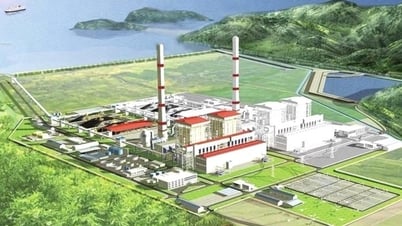


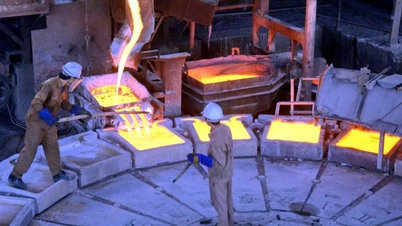





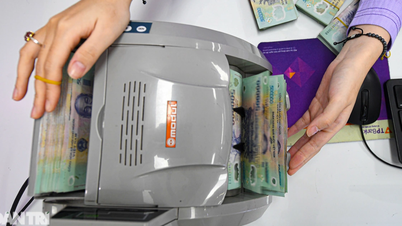










![[Photo] General Secretary To Lam arrives in Minsk, begins state visit to Belarus](https://vphoto.vietnam.vn/thumb/1200x675/vietnam/resource/IMAGE/2025/5/11/76602f587468437f8b5b7104495f444d)
![[Photo] General Secretary To Lam concludes visit to Russia, departs for Belarus](https://vphoto.vietnam.vn/thumb/1200x675/vietnam/resource/IMAGE/2025/5/11/0acf1081a95e4b1d9886c67fdafd95ed)
































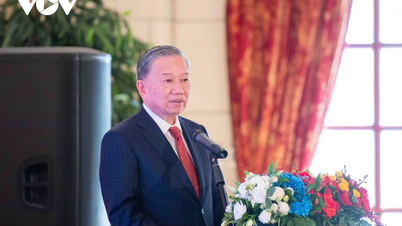


































Comment (0)